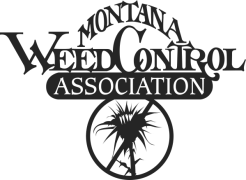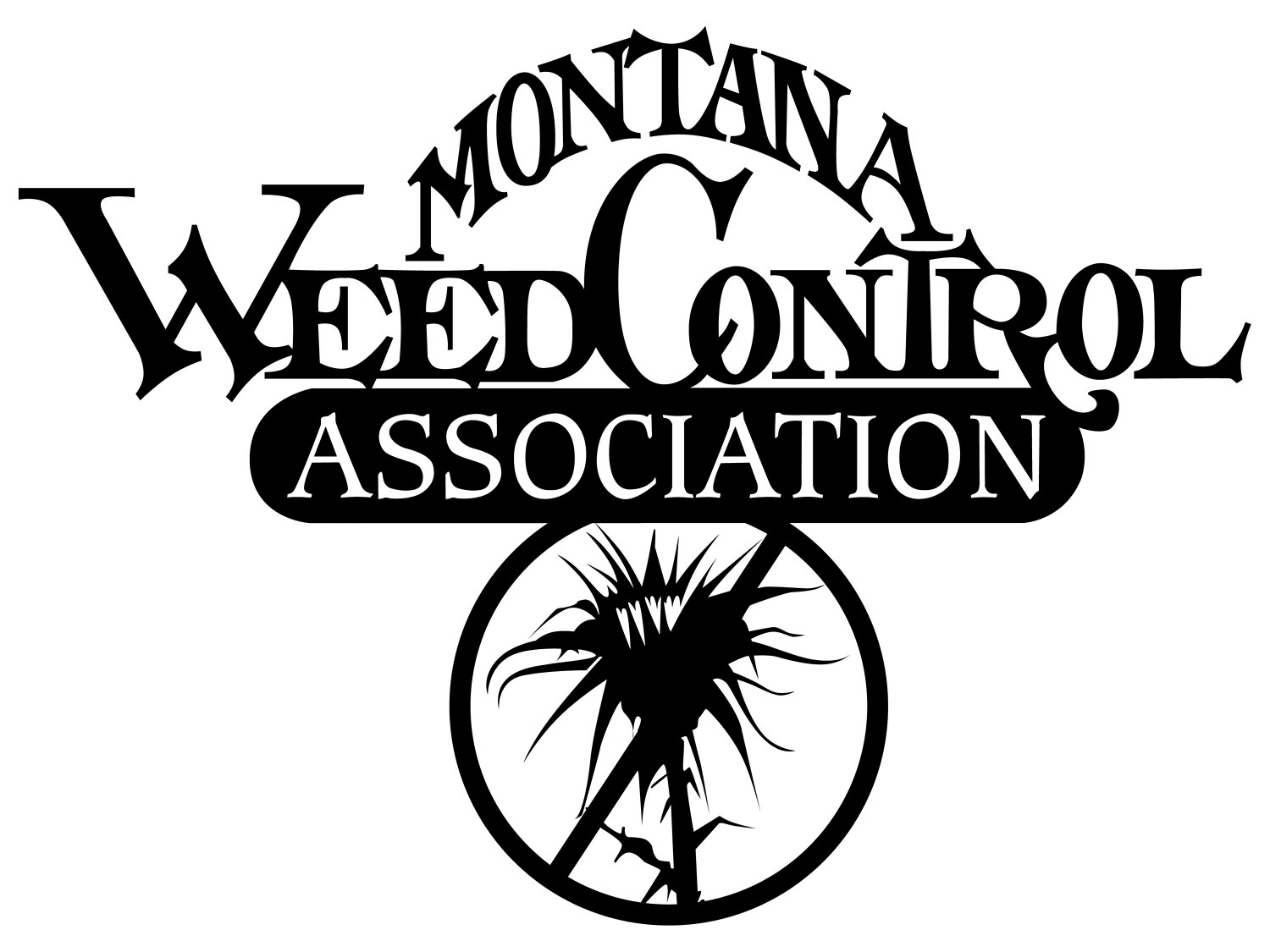
Southwest Area Applicator Training
Admission
- $10.00 - Southwestern Area Coordinator
- $30.00 - Non-Member Registration
Location
Dillon, MT 59725
Description
 Southwest Area Council Applicator Training -- February 23rd, 2023
Southwest Area Council Applicator Training -- February 23rd, 2023
Beaverhead County 4-H Building, Dillon, MT
Applicator Credits available in the following categories: Dealer (6), Ag Plant Pest Control (6), Forest Pest (5), Ornamental & Turf (2), Right-of-Way (5), Public Health Pest (1), Demonstration & Research (6), Ind Inst Struct & Health Related (2), School IPM (2), Regulatory (5), Private (5)
8:30-8:45 Registration & Welcome
8:45-9:45 Bat Damage Management--Stephen M. Vantassel, CWCP, ACE, Vertebrate Pest Specialist, Montana Department of Agriculture
Bat Damage Management is a 1-hour presentation that teaches property owners about bats, how to identify whether they are living in the structure, disease safety, and how to manage conflicts effectively and responsibly.
Stephen M. Vantassel is the Vertebrate Pest Specialist for the Montana Department of Agriculture (https://agr.mt.gov/Vertebrate-Pests). Stephen began working in the wildlife control industry in the early 1980s when he obtained is license as a Problem Animal Control agent. In the 1994, Stephen founded Wildlife Removal Service, Inc. (sold in 1998) servicing clients in western Massachusetts. Later, he spent 10 years at the University of Nebraska-Lincoln managing the Internet Center for Wildlife Damage Management (ICWDM.org). He is a Certified Wildlife Control Professional (CWCPTM) and Associate Certified Entomologist (ACETM). Stephen has published scores of articles and several books on wildlife control. His latest book is a revision of the classic Being Kind to Animal Pests which explains how to use cage/box traps humanely. He is presently revising Dr. Austin Frishman’s book, Vertebrate Pest Handbook. Stephen is based in beautiful, Lewistown, MT, where he loves helping his fellow Montanans resolve vertebrate pest complaints.
9:45-10:45 Where to Start? The Power of Mapping Weeds Greta Dige, MDA NWTF Grant Coordinator
Don’t know where to start or why you should even map your noxious weed infestations? During this session Greta will discuss the reasons for mapping weeds and the planning process behind this powerful and often forgotten management tool. She will highlight both paper and digital ways to map infestations then show projects and their stories told their data.
Greta Dige is the Noxious Weed Trust Fund Grant Coordinator with the Montana Department of Agriculture. Before joining the Department of Agriculture, she worked at the City of Helena for 12+ years enforcing several city ordinances and as well as managing 2800+ acres for noxious weeds. While there she used mapping software daily to track a variety of tasks from enforcement to biocontrol agents for noxious weed control to converting GPS data for use in across multiple platforms. Greta continues to expand the mapping/GIS skills at MDA by becoming a trainer and resource to the public, noxious weed professionals, trust fund applicants, and grantees about EDDMapS as well as GPS/mapping technical support.
10:45-11:00 Break
11:00-12:00 What’s wrong with my plant? Noelle Orloff, Schutter Diagnostic Laboratory Specialist
Can you tell the difference between herbicide symptoms and other plant problems? Many factors in the environment can cause symptoms that look similar to those of common herbicides, such as drought stress or pest damage. In this presentation we will see plants with symptoms of commonly used herbicide modes of action as well other common plant issues and learn how to tell the difference.
Noelle Orloff is an Associate Extension Specialist at Montana State University in Bozeman, Montana, where she is a diagnostician in the Schutter Diagnostic Lab. One of her responsibilities in the lab is identifying plants submitted by growers, ranchers and homeowners and providing management recommendations if needed. Another is diagnosing herbicide injury of plants. She received her M.S. in Land Resources and Environmental Sciences from Montana State University.
12:00 – 12:45 Lunch - Provided
12:45 – 1:45 Risk, Fate, and Transport of Pesticides Brett Heitshusen, MDA Sustainable Agriculture Section Supervisor
How soil, hydrology, and water quality effect pesticide effectiveness and environmental fate.
Brett Heitshusen supervises the Department of Agriculture's Sustainable Agriculture Programs, managing the Groundwater Protection Program, Pesticide Disposal Program, and Pesticide Container Recycling Program. He graduated from the University of Colorado, Boulder with degrees in Geography and English, specializing in hydrology and geographic information science (GIS). Brett grew up on a small farm in Iowa near the Amana Colonies, raising hogs, cattle, corn, and soybeans. He enlisted in the Air Force after graduating high school and has lived in many states before moving to Montana.
1:45 – 2:45 SW MT Biocontrol Melissa Griffiths, Madison Valley Ranchlands Group
We will discuss biological control uses and appropriate expectations. Presentation will include an update on current biological control efforts in SW Montana including the recent and innovative use of a naturally occurring pathogen to control Canada thistle. We will also talk about the wildly popular Houndstongue weevil, Mogulones crucifer and its status in Montana as well as what land managers can expect in the near future.
Melissa Griffiths has worked for the Madison Valley Ranchlands Group's Weed Committee since 2006, focusing on noxious weed issues in the Madison Valley. Her responsibilities include fundraising, noxious weed education efforts and leading the Madison County Biocontrol program. She has a B.S. in Biology and a Certificate in Natural Resource Management from CSUB.
2:45 – 3:00 Break
3:00 – 4:00 Identification and Management of Ventenata Karen Laitala, Powel County Weed District
This presentation will focus on identification, biology, and phenology of the exotic annual grass ventenata. The goal of the presentation is familiarizing the audience with this winter annual plant to enhance prevention and early detection, rapid response control measures.
Karen Laitala Powell County Weed Board Projects Coordinator since early 2019. She has also worked as the Vegetation Coordinator for the Blackfoot Challenge non-profit for more than 10 years. Karen has a BS in Environmental Field Biology, and an MS in Plant Science from the University of Idaho in Moscow.
Sponsored By the Southwestern Area of MWCA.
$20.00 for MWCA members and $30.00 for non-members; Southwestern Area Coordinators $10.00
All speakers attend for FREE
PLEASE pre-register (using the registration form online at mtweed.org) or RSVP at 406-683-3790 by February 18, 2022.